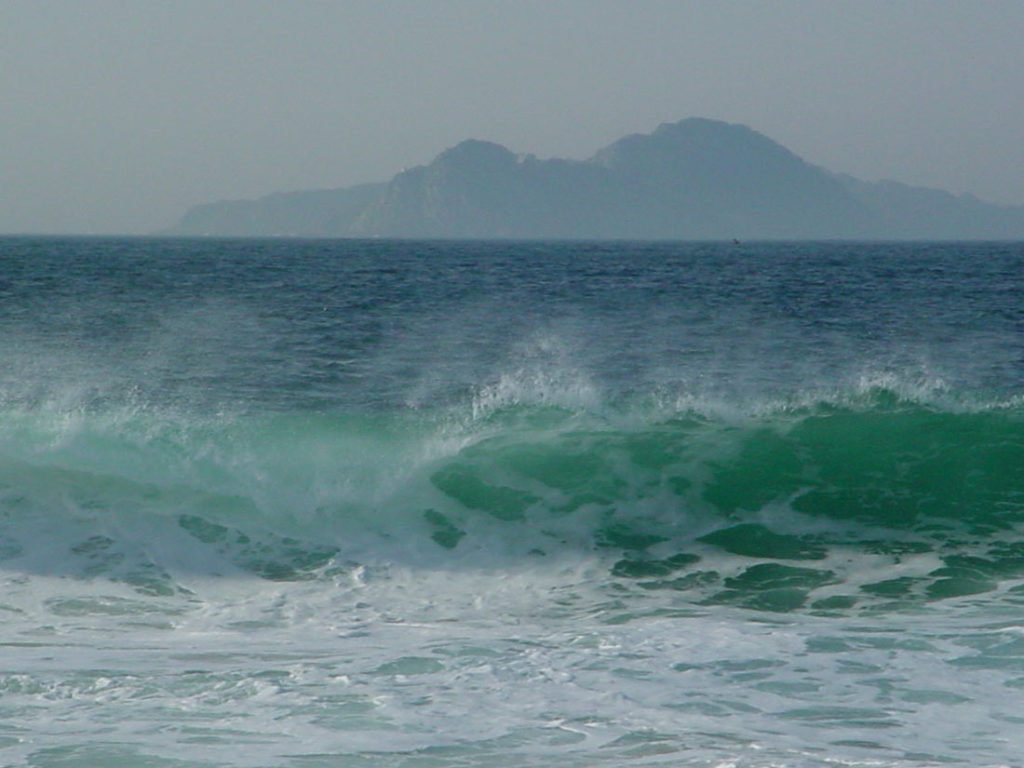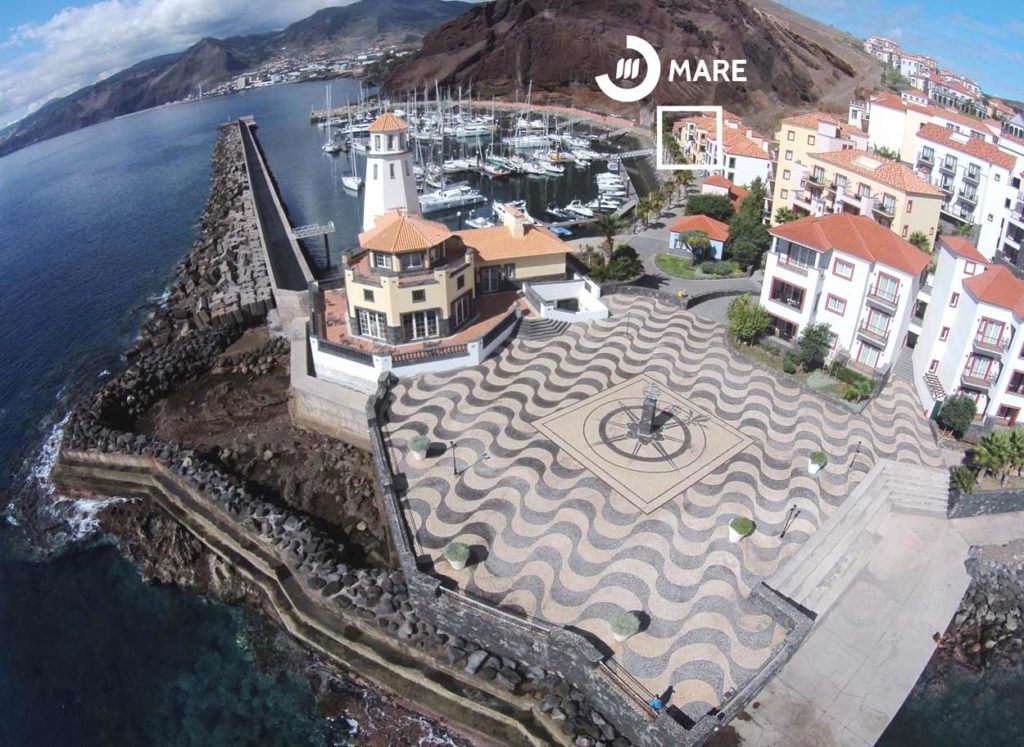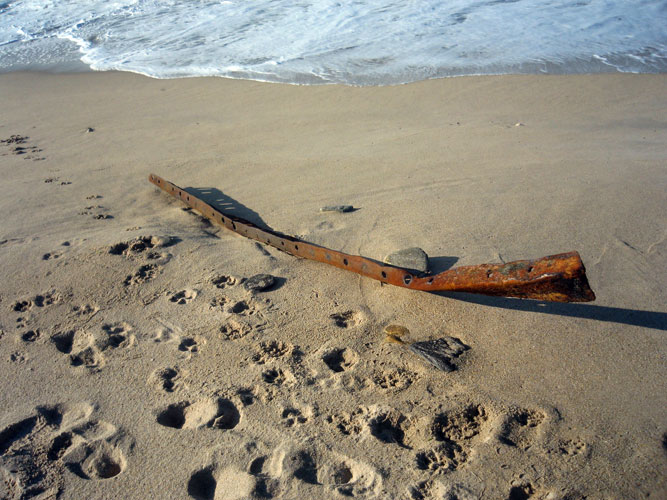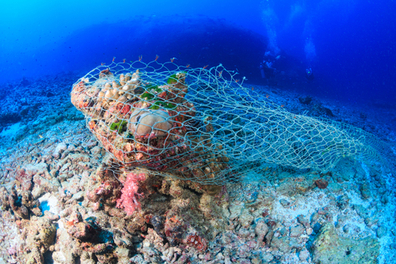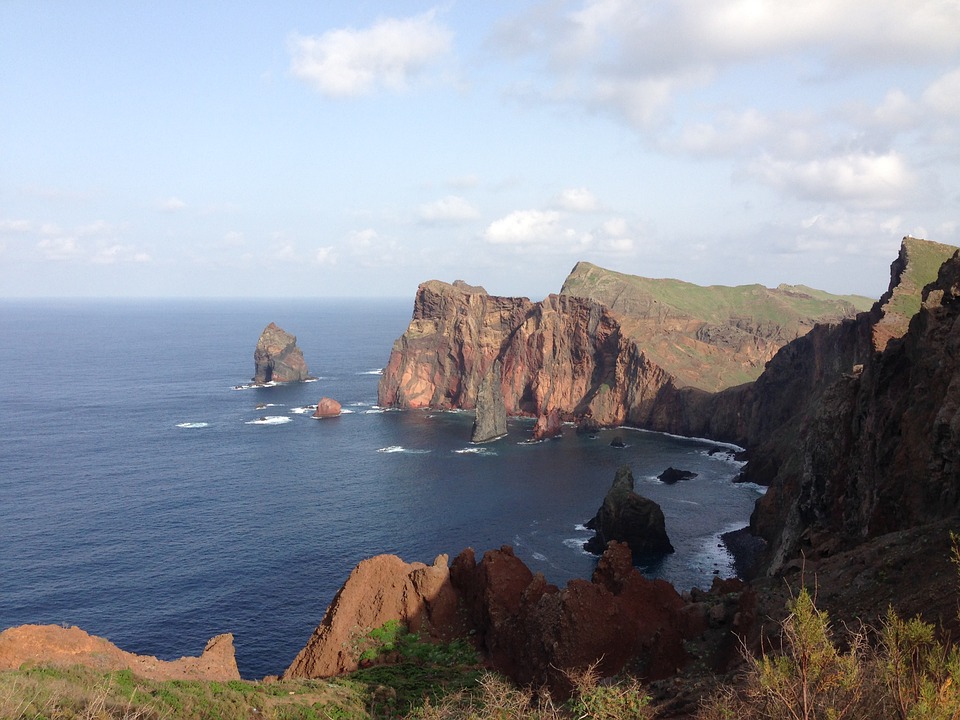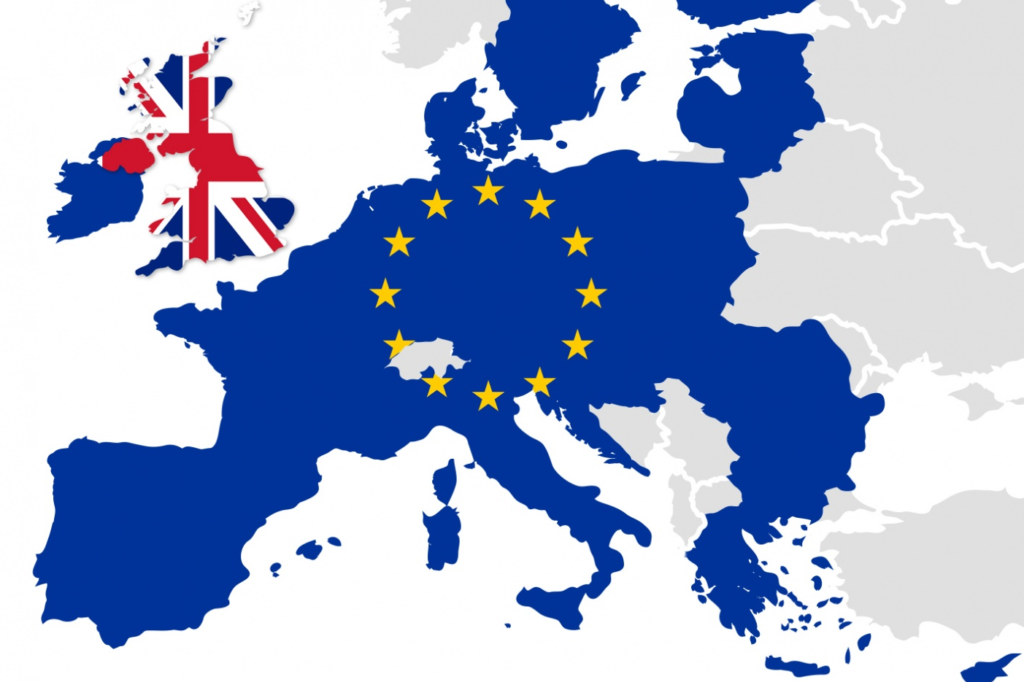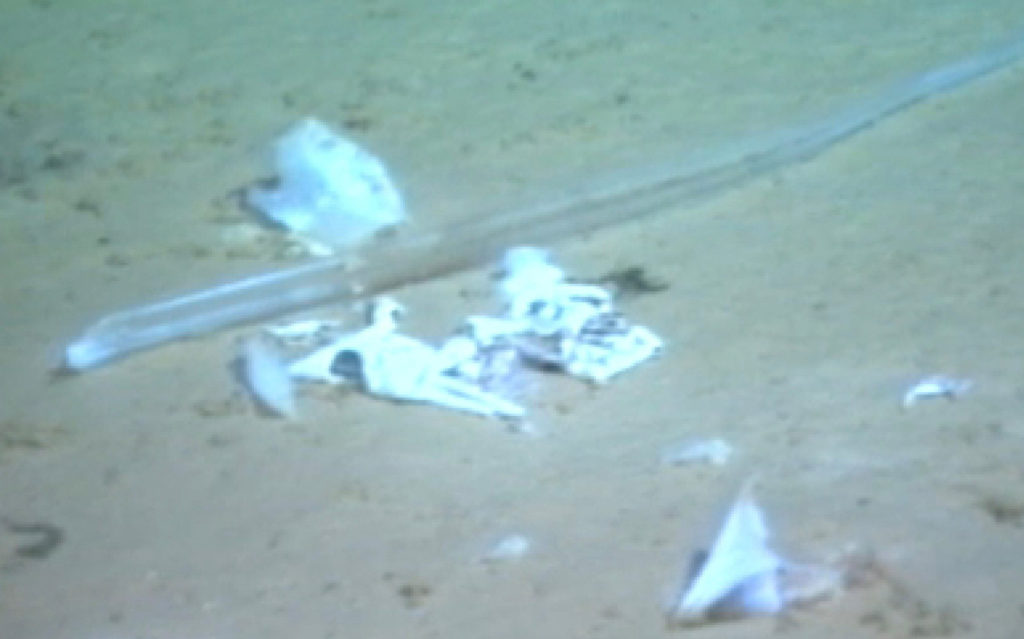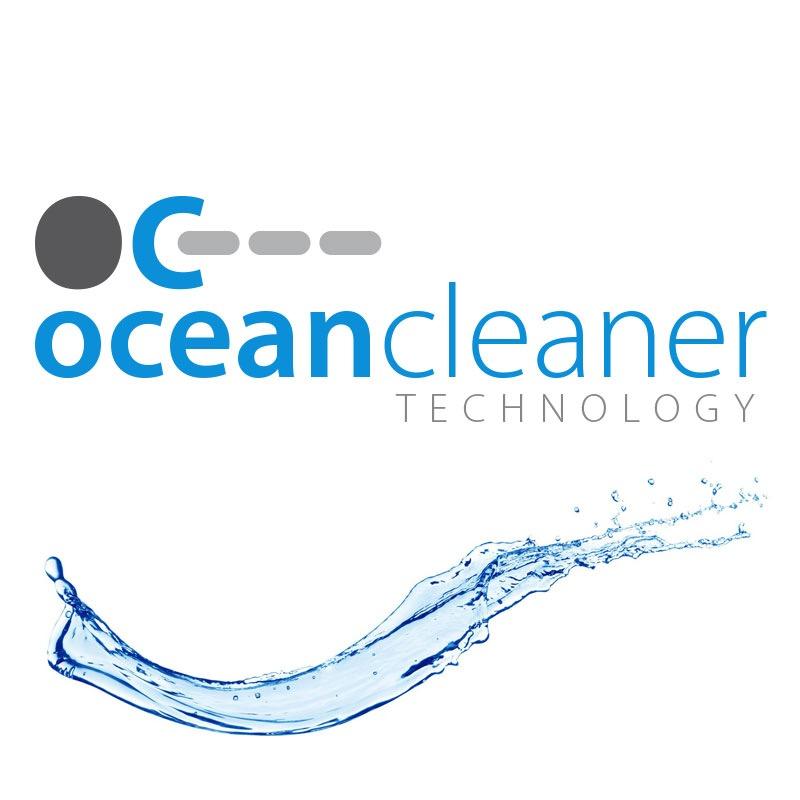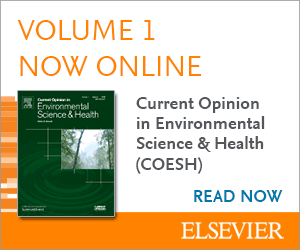La industria cosmética europea reduce el uso de micropartículas plásticas en casi un 98 %
La industria cosmética europea ha reducido el uso de micropartículas plásticas en productos cosméticos que se aclaran -exfoliantes y otros artículos para limpieza de la piel- casi en un 98 %, sustituyendo estas partículas con otras alternativas por «responsabilidad y compromiso con la salud del mar», según un comunicado remitido por la Asociación Nacional de Perfumería…
Leer más


 EN
EN PT
PT FR
FR